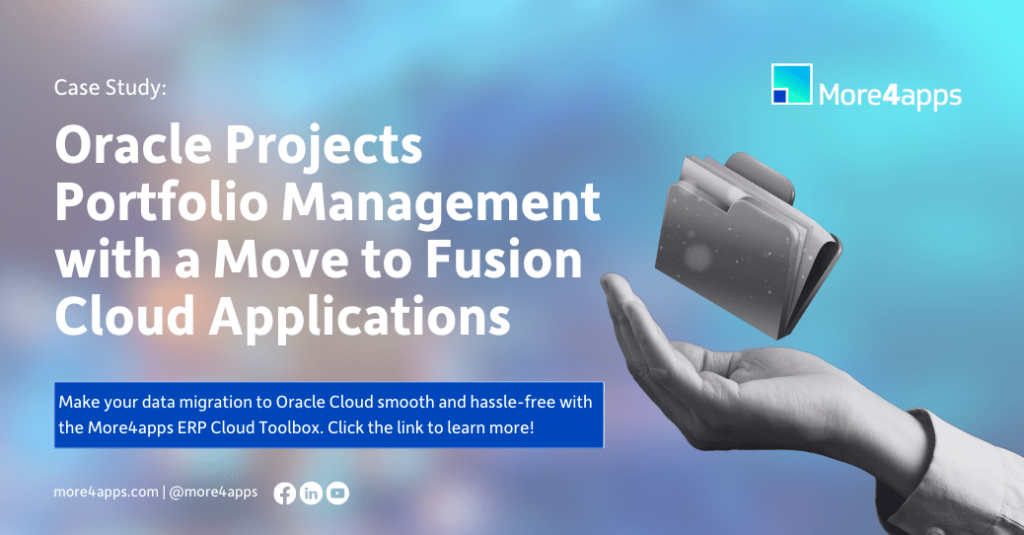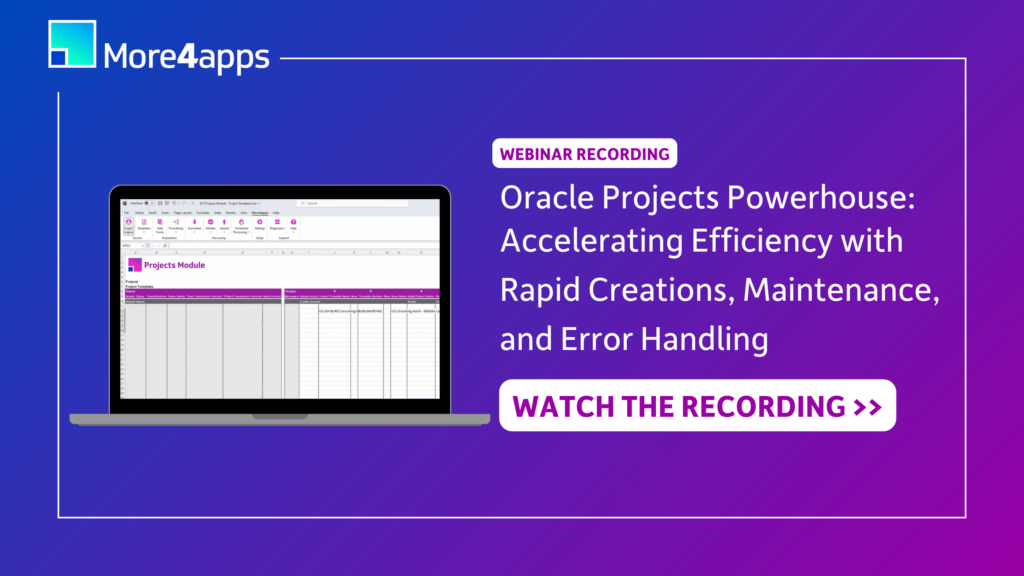When deploying software, companies can utilize a breadth of services and features, including a variety of modules that help to organize and improve specific areas of business. For example, Oracle users can adopt the Oracle Projects Module for Fusion ERP Cloud – a module that seeks to enable efficient and successful planning, execution and management of projects.
Yet, Bruce Doig, an experienced Oracle advisor and co-founder at More4apps, explains that users should ask specific questions to evaluate any software application. Specifically, assess functionality – does it contain all the features needed, or are they at least on the roadmap? How about usability – is the UX efficient for end-users to employ?
There are three dimensions of a budget that can be identified in the projects module: work breakdown structure (WBS), resource breakdown structure (RBS) and time-phasing. For Doig, in terms of functionality that derives from these features, Fusion Cloud ERP is a top-tier ERP system. There is only one version of it, so it’s designed to accommodate the simplest and most detailed requirements in every element. But the same cannot be said about the software’s usability.
As just one example, for instance, the data entry form can handle all the company’s requirements but is laborious to use because of the size of the application. As big organizations have large volumes of data, forms are not appropriate for high-volume requirements and must be supplemented by good-quality mass-upload facilities. Plus, while alternative budgeting and forecasting applications exist, integration may not be successful due to incompatibility.
This causes customers to avoid detailed budgeting and forecasting to minimize the use of the form, use external applications and suffer incompatibility and integration issues and employ expensive IT staff to perform mass uploads with difficult tools on behalf of end-users.
There are other means, however, as some solutions provide extensive suits of high-quality desktop integration tools that Oracle users can utilize. More4apps is Oracle’s ISV partner, offering spreadsheet integration functionality on the desktop for end-users since 2000. Using these kinds of solutions can free up organizations to employ all the advanced features they are paying for in the projects module. Users can do their work in forms or high-quality mass upload tools, whichever is most efficient for the task at hand.
To find out more about streamlining budgeting and forecasting in Oracle Project Management, and the service offered by More4apps, download the whitepaper.




